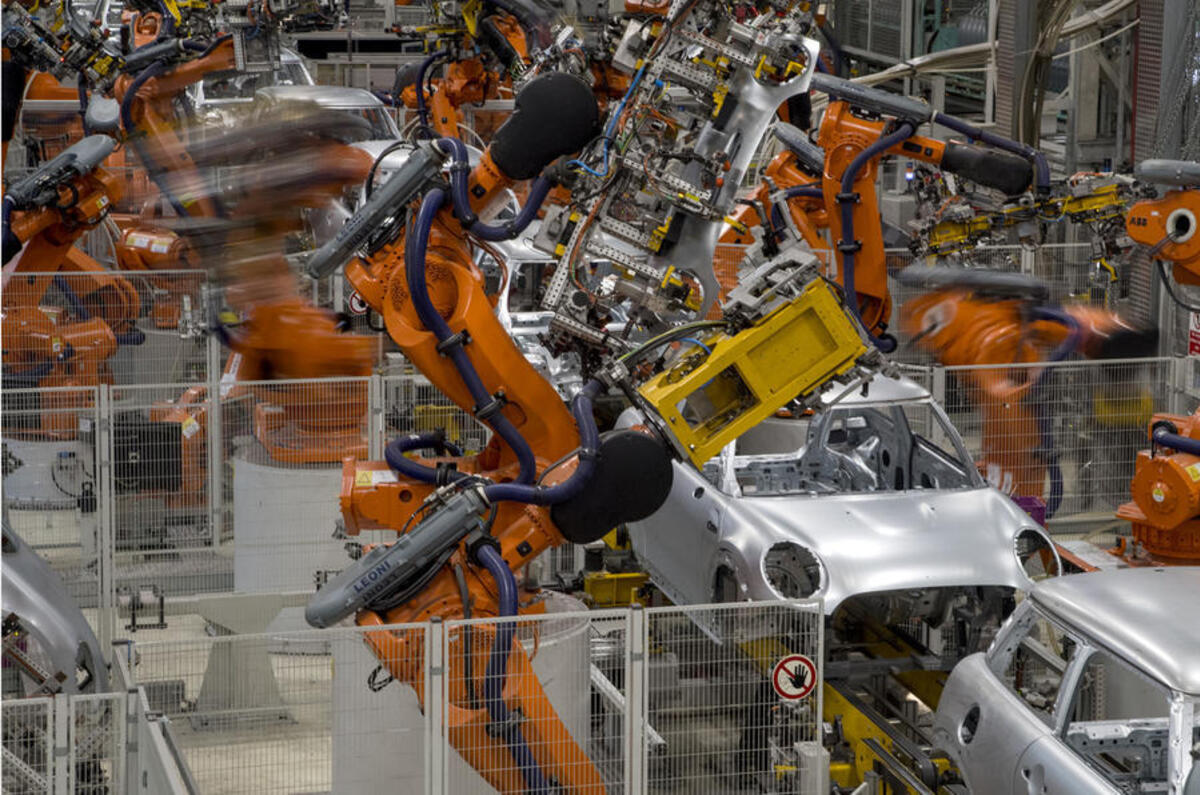The ongoing global semiconductor shortage contributed to another sharp decline in UK car production, with August down 27% year on year.
The so-called chip crisis has, along with a number of extended summer factory shutdowns, wreaked havoc on the global car industry, with a lack of crucial electrical components prompting production line stoppages at many mainstream manufacturers.
The shortage is hampering the ability of firms to ramp back up to normal production levels following the height of the pandemic.
Society of Motor Manufacturers and Traders boss Mike Hawes described the most recent decline as "extremely worrying both for the sector and its many thousands of workers nationwide".
Despite the overall decline, it was another positive month for the production of electrified vehicles, with hybrids, plug-in hybrids and EVs accounting for a combined 27.6% of the 37,246 cars produced in the UK last month – a record monthly share.
Since January, the SMMT said, UK car factories have produced some 137,031 alternatively fuelled cars – more than 50,000 up on the same period last year.
Production for the domestic market increased by 3.3% month on month (a rise equivalent to just 255 cars), while exports plummeted by 32.5%, chiefly because of huge declines in the amount of cars sent to Australia, China and the US.
Compared with pandemic-struck 2020, the UK has built 13.8% more cars, at 589,607 – but more relevantly is 32% down on 2019 and a substantial 42.% down on the five-year average.
Hawes said: "While not the only factor at play, the impact of the semiconductor shortage on manufacturing can't be overstated. Car makers and their suppliers are battling to keep production lines rolling, with constraints expected to continue well into 2022 and possibly beyond.
“Job support schemes such as furlough have proven such a lifeline to automotive businesses, yet its cessation today comes at the worst time, with the industry still facing Covid-related stoppages which are damaging the sector and threatening the supply chain in particular. Other countries have extended their support; we need the UK to do likewise.”








Join the debate
Add your comment
Aah, now I get why Autocar are road testing either e-bikes or supercars all the time. It's because of the shortage of new motors at affordable prices.
No mention about the cost of vehicles which have become increasingly expensive. Once the effects of the world pandemic are over, once there are enough micro chips to go around, no doubt the SMMT will next call upon the taxpayer to subsidise the car buyer because UK manufactured new cars will be out of reach of Joe Average.